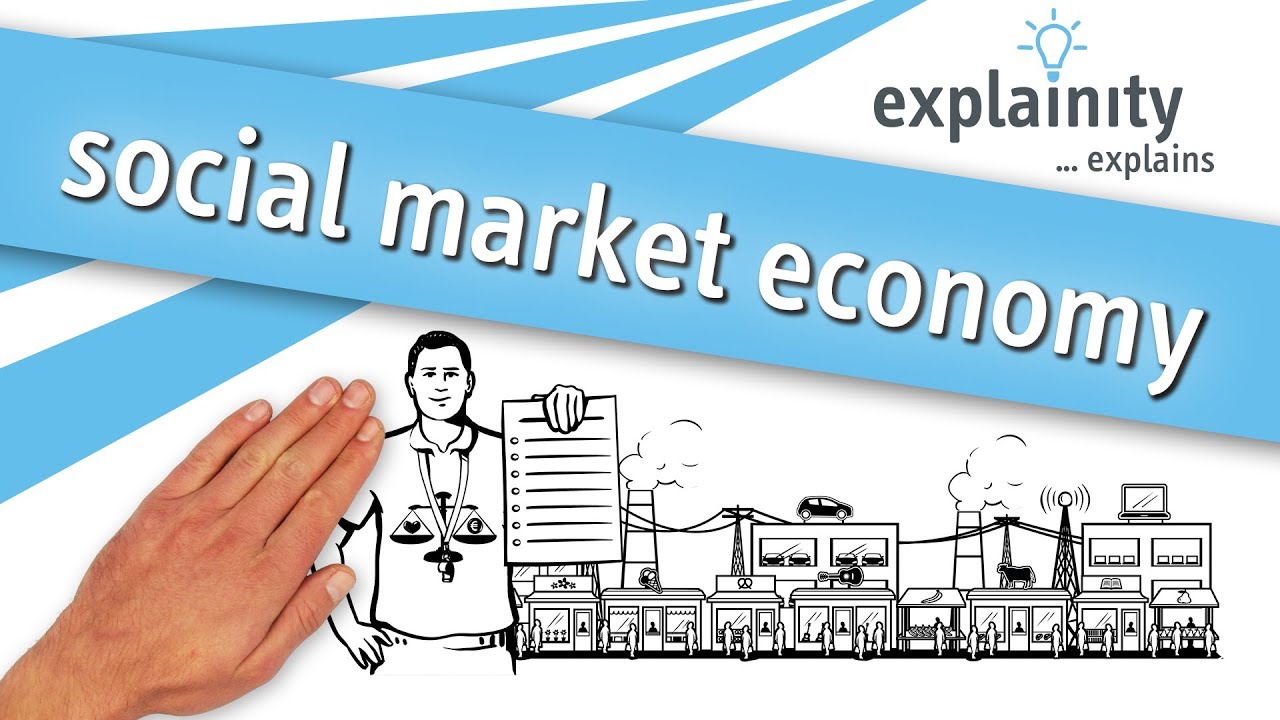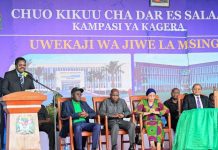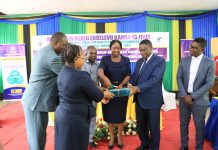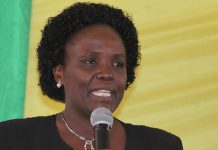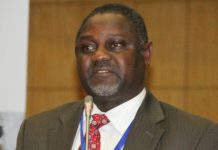Author: HILDA MHAGAMA
AfricaPress-Tanzania: FOR Tanzania to achieve the best level of development, experts are suggesting that the country should adopt Social Market Economy (SME) as a new economic order that promotes inclusive and sustainable economic growth for all people.
This follows a study conducted by experts from three universities – St Augustine University of Tanzania (SAUT), University of Dar es Salaam (UDSM) and Mzumbe University that sought to establish the type of economic model that can unlock Tanzania’s potential.
SMET is an economic model which ensures that human beings are the focus of all economic activities and that inefficiencies of the State-controlled economy are minimised or completely phased out.
Presenting the findings in Dar es Salaam yesterday during a media training session on the issue, one of the researchers and lecturer at Saint Augustine (SAUT) University, Pronsian Ntui, said the general trend in global development has shown that market economy results in economic success, innovation and quality of products and services.
“The government of Tanzania has developed important plans for sustainable development; the successful implementation of these plans however requires every member of society to be included and to benefit from economic development,” he said.
He further said that the SME model seems to be the appropriate choice for building a strong, inclusive and sustainable economy.
Mr Ntui asserted that former President of Ghana, John Kufuor, took the view that Africa should adopt SME, a view with which Mwalimu Julius Nyerere supported, as he suggested that true development was within the power of the people.
“This should encourage Tanzanians that it is now time for a change,” he pointed out, adding that despite the achievements the economy had attained, many people remained poor and lacked access to key social services and that the economy does not reflect national socio-economic development.
According to him, SME also focuses on opportunities in education and social policies, and not leaving anybody behind.
These investments enable people to take care of themselves and their families, stressing that the poor and weakest people should never be excluded, and therefore more attention should be on improving their living conditions.
Earlier, SAUT senior lecturer Fr Dr Charles Kitima, was of the view that the current economic model, free market, was not friendly to the majority of Tanzanians since it favours only the already established businesspeople and multinational corporations.
Dr Kitima, who doubles as Tanzania Episcopal Conference (TEC) Secretary-General, said the study was an attempt to live up to Mwalimu Nyerere’s appeal for a people-centered development whereby it takes into account the different economic reforms which Tanzania has undergone since independence.
The team of experts who took part in the study plans to create a way in which the economic model can be incorporated in the political party’s manifestos to be discussed in the coming General Elections.
Regarding the private sector, Dr Kitima said the business environment should be more friendly by making it easier for anyone to start a business.
“The indigenous private sector is weak and businesses are having a hard time to develop because of challenges in the registration, licensing and taxation process.
For companies to flourish in the market, there must be a strategy for strengthening the sector as it is the engine of development,” he noted.


